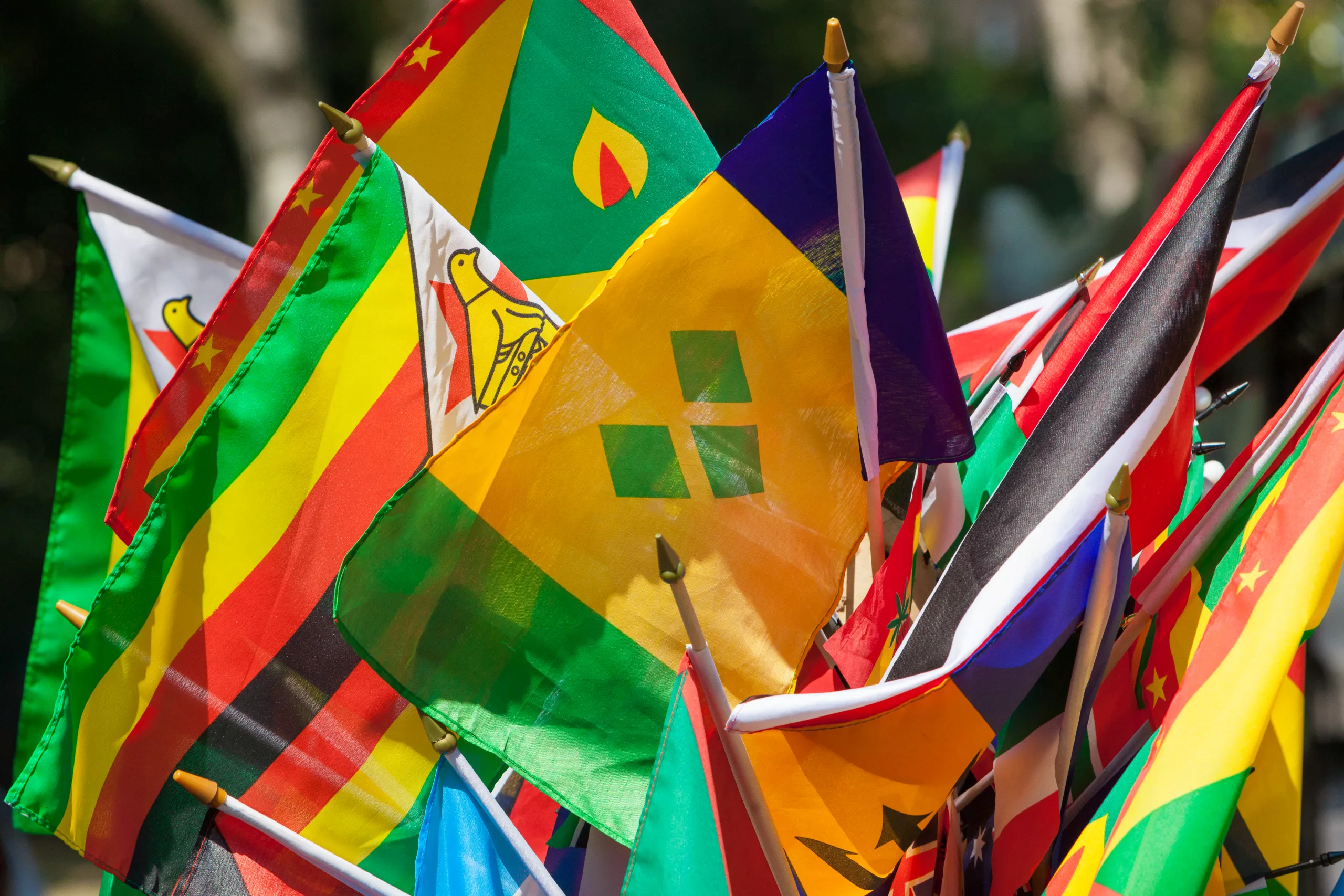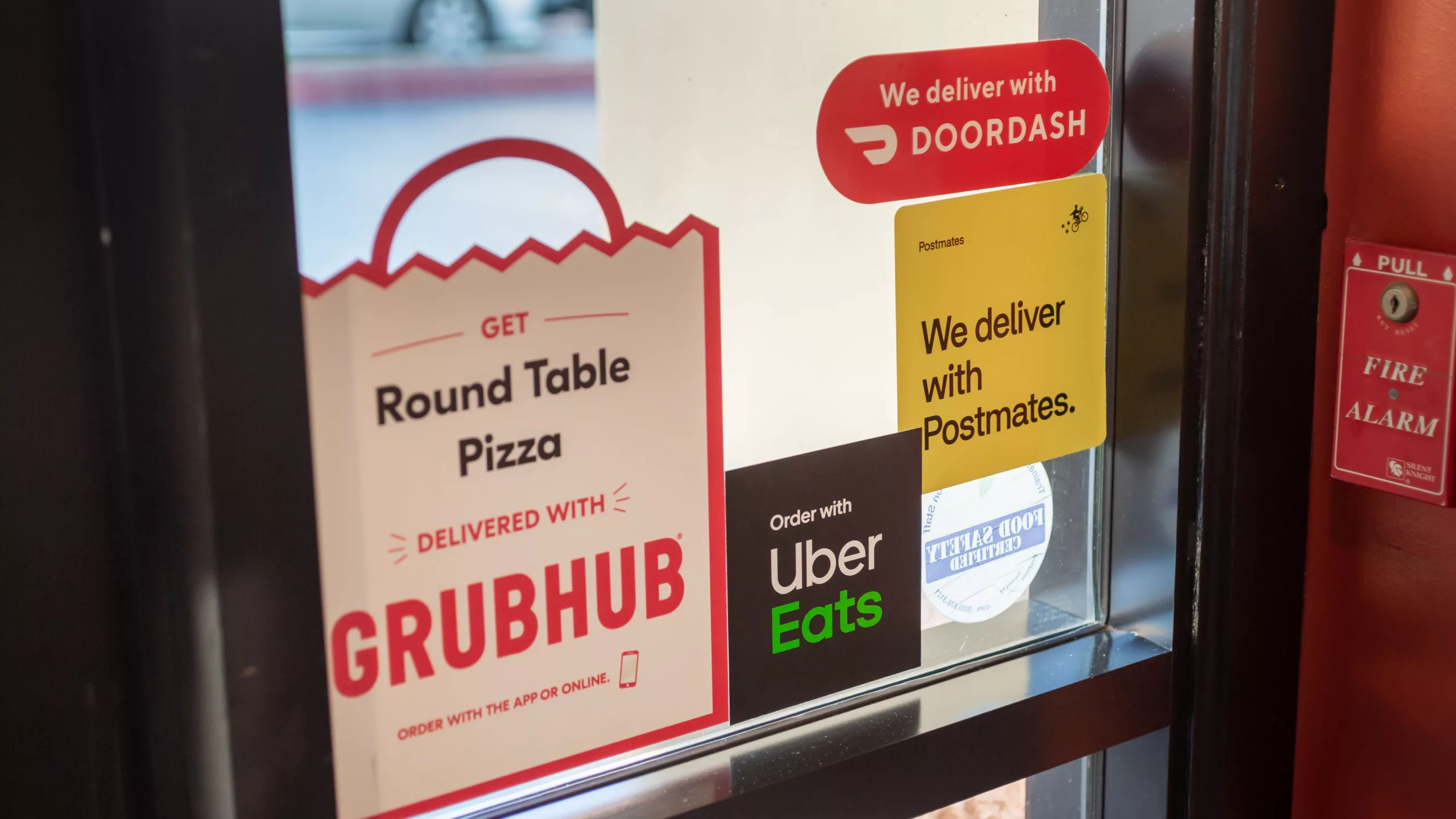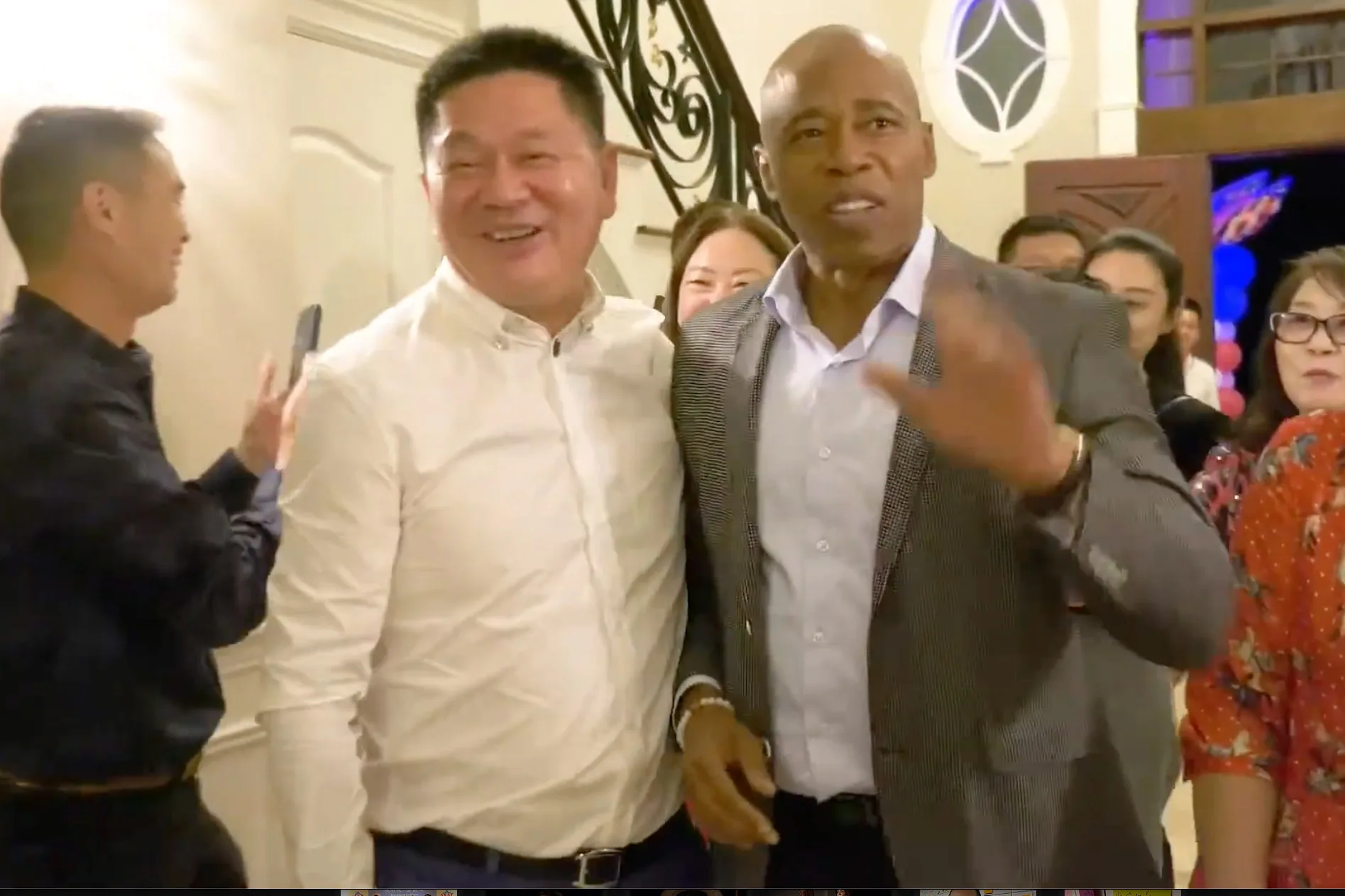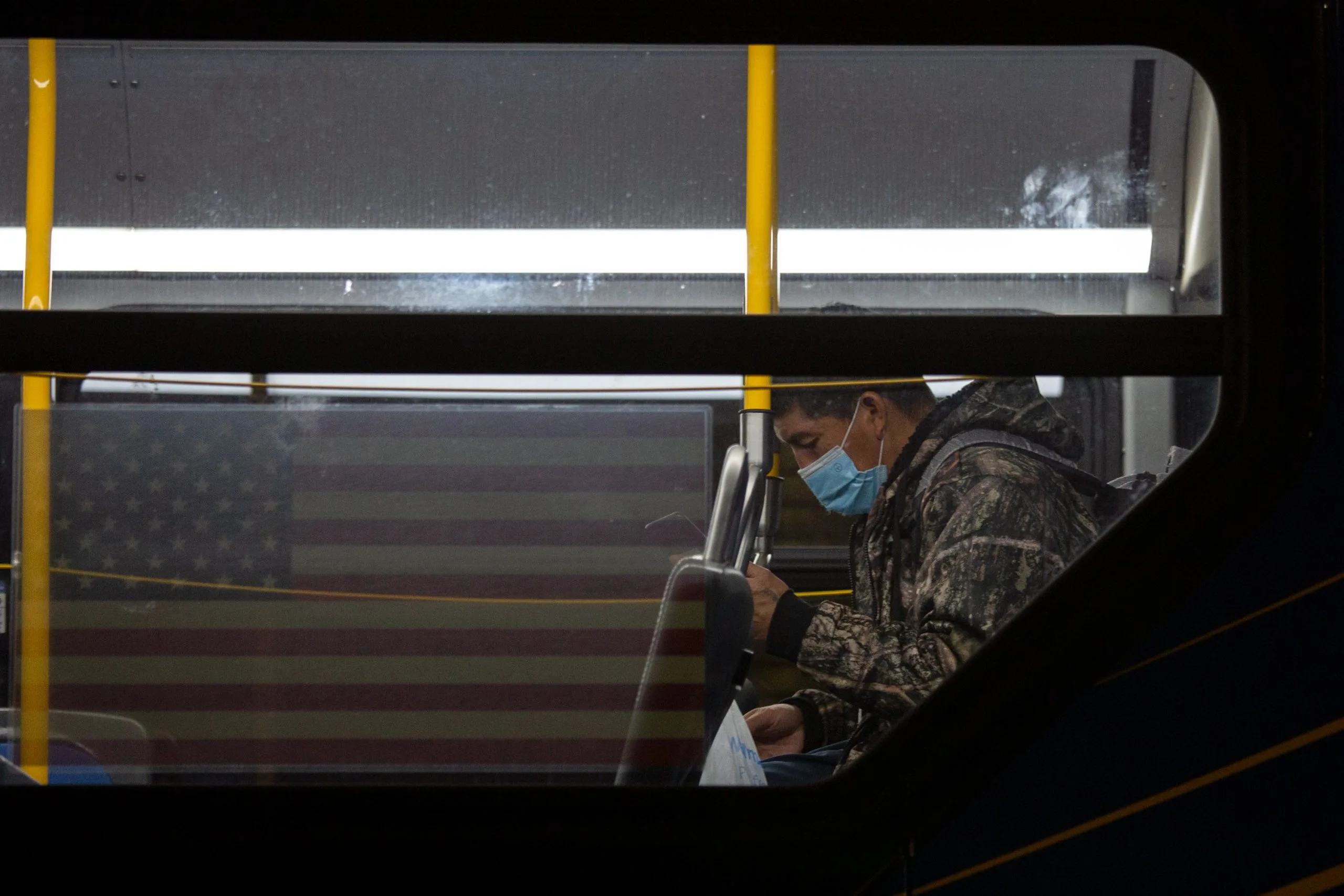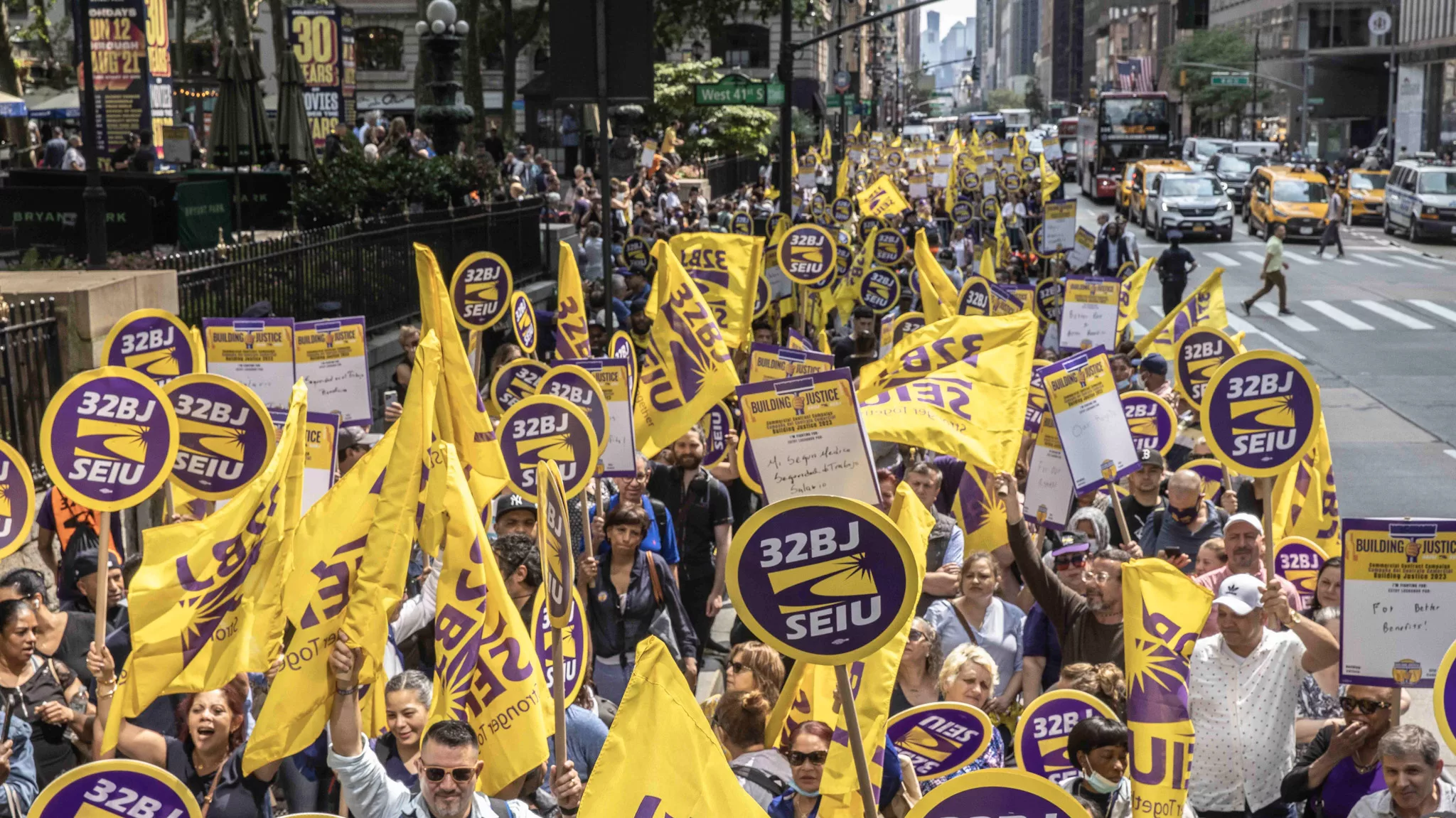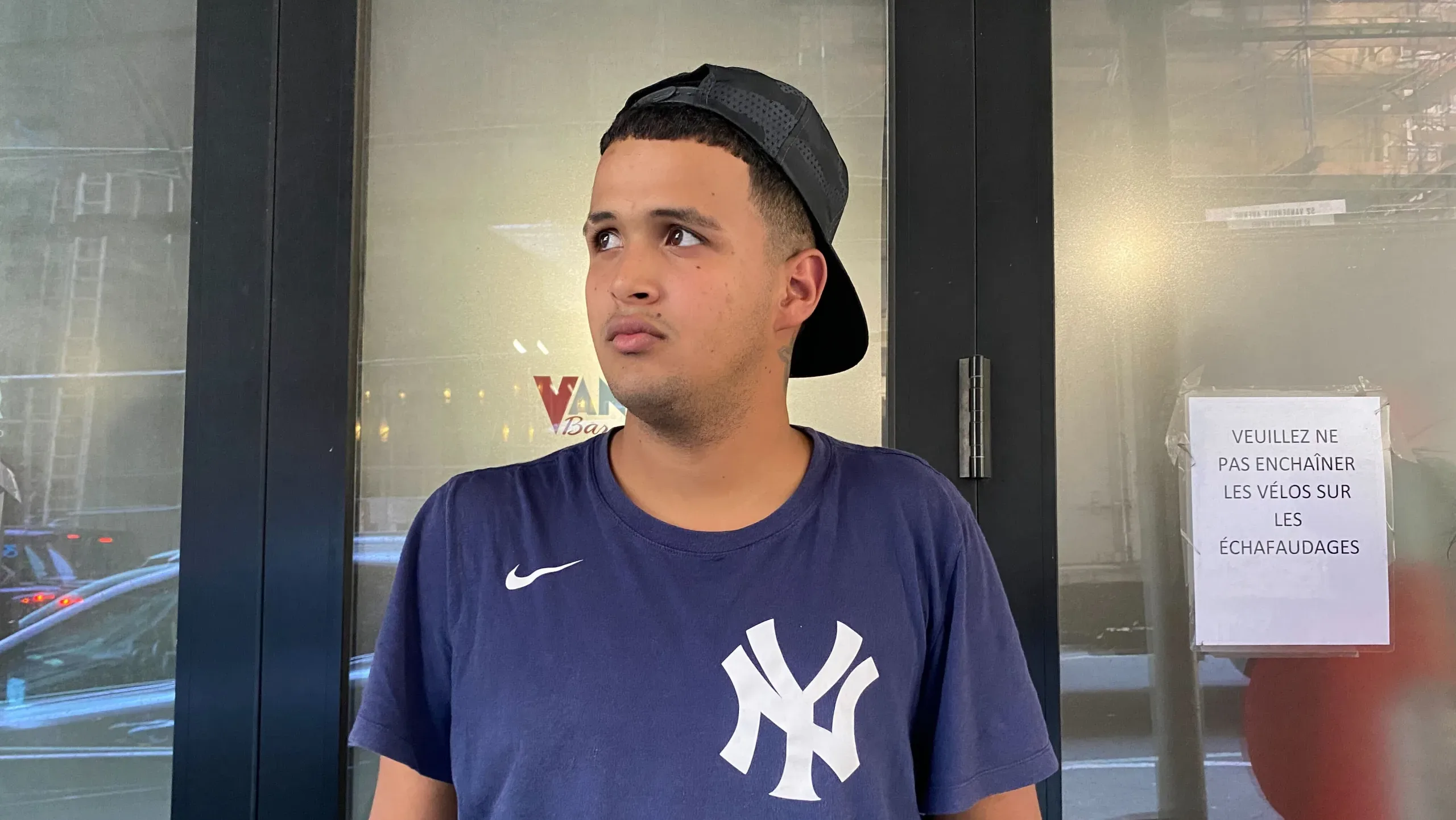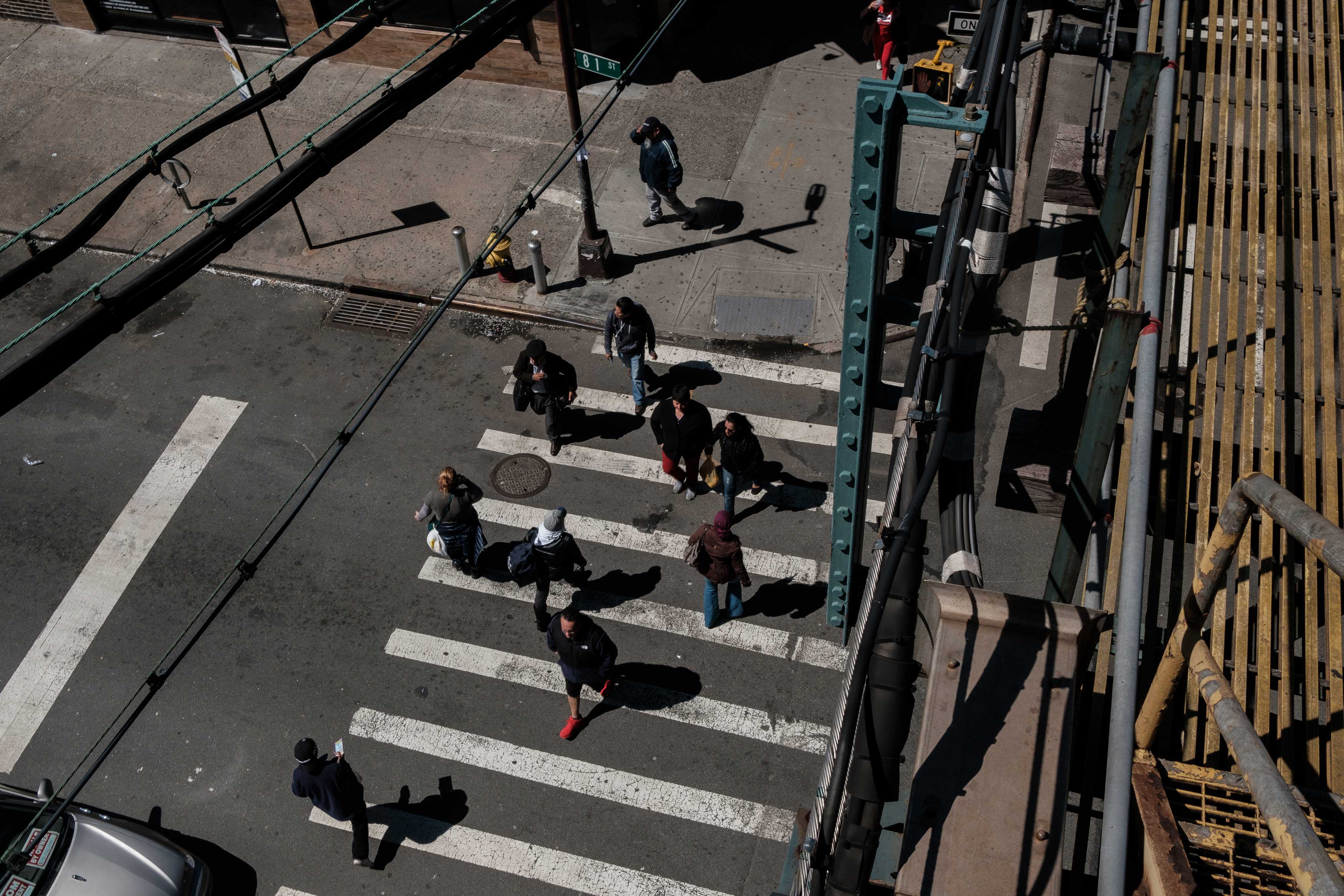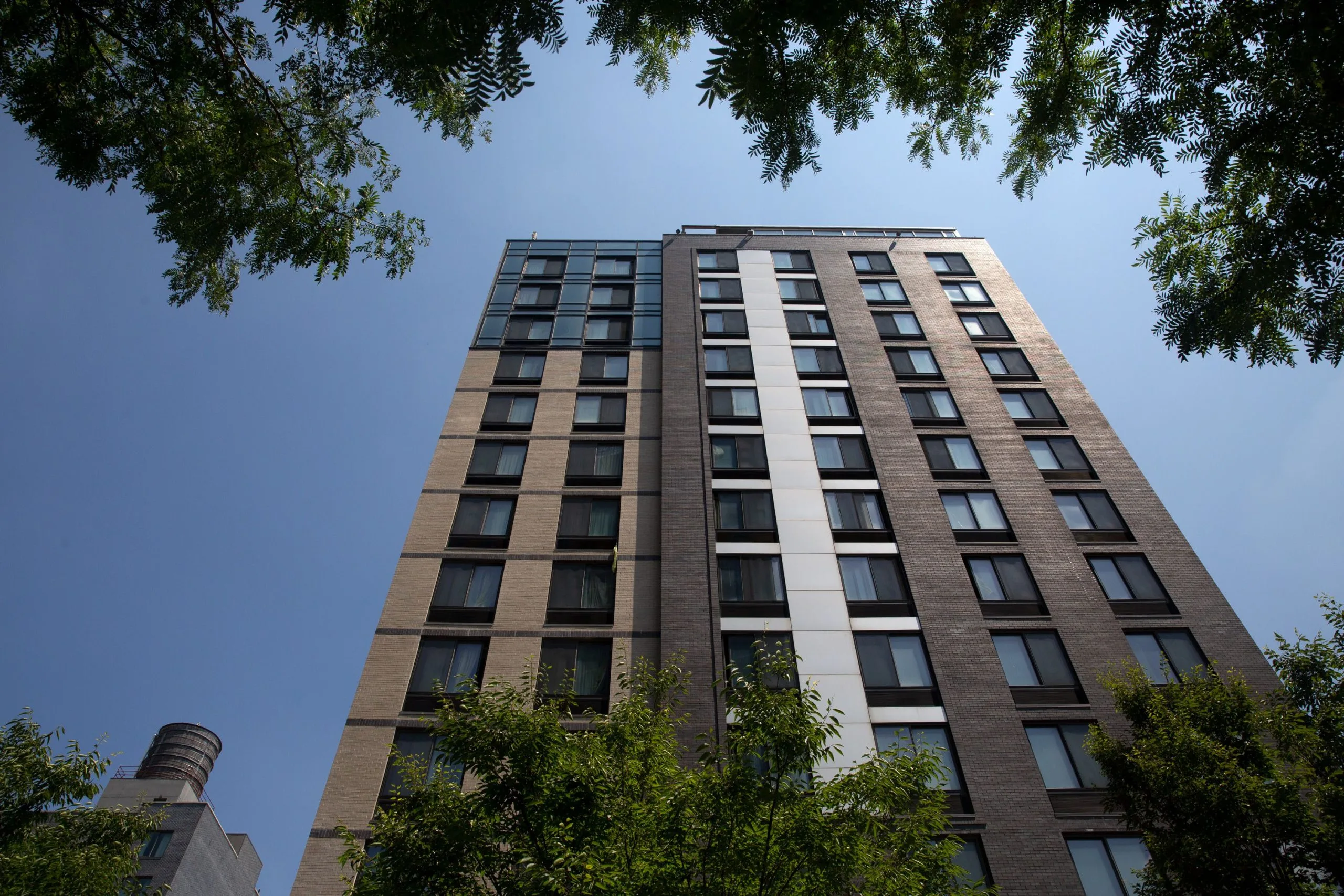As the November 2024 presidential election draws near, the Caribbean community in New York City has been looking to energize its voter base. The often overlooked voting bloc constitutes 20% of the city’s population and brings multiple perspectives and priorities with its rich cultural diversity that spans Black Caribbean, Indo-Caribbean, Chinese Caribbean, and other groups. But what do the Caribbean voters look like, and what do they expect from their elected leaders?
Although Caribbeans are often seen as a single group, New York’s Caribbean population is a mosaic of ethnicities and nationalities. This diverse group includes significant numbers of Jamaicans, Trinidadians, Haitians, Guyanese, and other West Indians spread across various boroughs with sizable concentrations in Brooklyn, Queens, and the Bronx.
Indo-Caribbeans, mainly from Guyana and Trinidad, predominantly reside in Queens, especially in the Richmond Hill neighborhood. In contrast, Black Caribbeans are concentrated in Brooklyn’s neighborhoods like Canarsie, East Flatbush, and the Little Caribbean area, which spans from Empire Boulevard to Flatbush and Nostrand Avenues, known as “The Junction,” to Church Avenue.
Read Also: Kamala Harris’ Presidential Bid Ignites Excitement Among Caribbean Women
Regardless of their nationalities, New York’s Caribbean voters have historically favored Democratic candidates. In the 2020 presidential election, Democratic presidential candidate Joe Biden secured 60.87% of the vote in New York, nearly 25% more than his Republican rival Donald Trump who secured 37.74%. The ZIP codes with the highest concentration of Caribbean voters heavily favored the Democratic candidate.
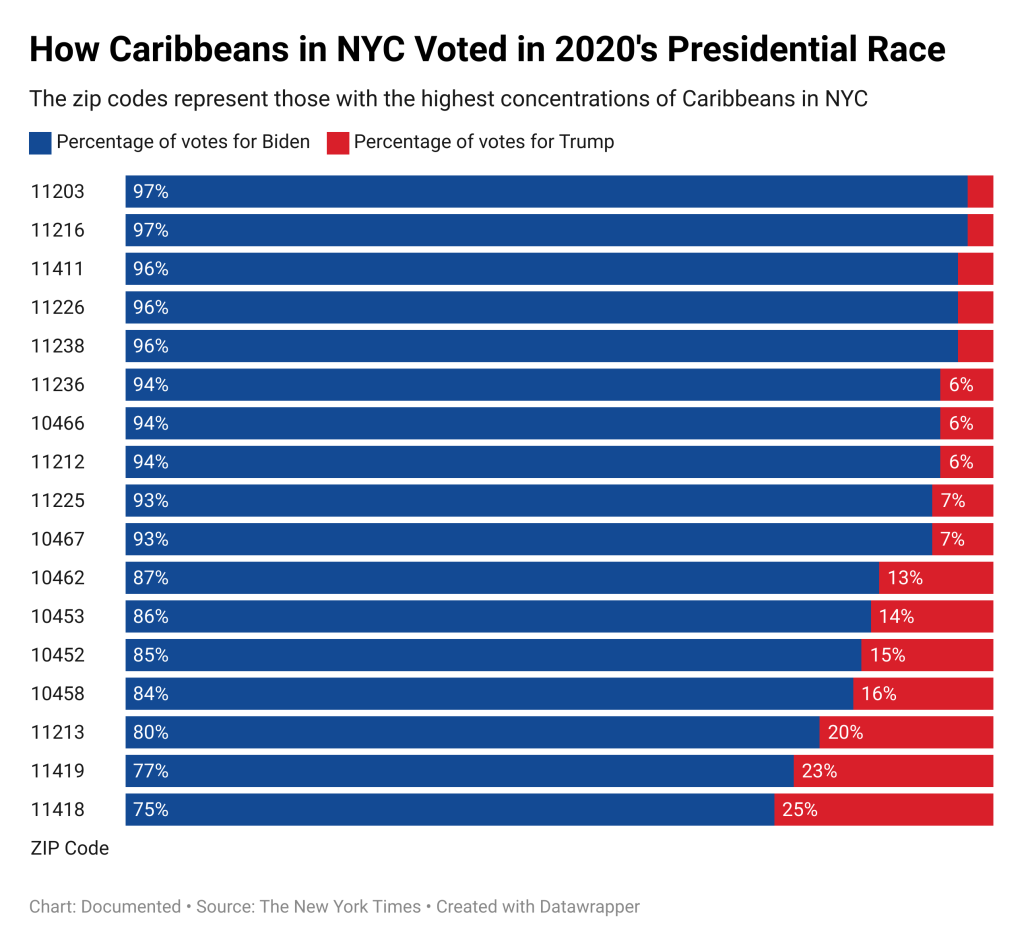
This year’s election may see some of those numbers shift. When the COVID-19 pandemic struck New York, neighborhoods with high concentrations of Caribbean residents, such as East Flatbush, Canarsie, Jackson Heights, and Jamaica, were among the hardest hit, resulting in thousands of deaths. Kings and Queens counties experienced the highest death tolls.
Caribbean women, in particular, continue to face significant challenges related to maternal mortality and economic opportunities. “We do know that marginalized populations are the ones where access to reproductive health care is very limited, and that’s even the case in New York,” says Aminta Kilawan-Narine, founder and executive director of South Queens Women’s March, an organization dedicated to amplifying the voices of diverse women in South Queens.
Amid these challenges, Caribbean organizations have worked hard to address key issues affecting Caribbean people and encourage voter participation with a population that has often been overlooked. One major difficulty is persuading Caribbean individuals of the importance of voting, as its impact may seem distant or irrelevant. Additionally, many are dissuaded from participating because of citizenship issues, highlighting the substantial undocumented population and the need to mobilize eligible voters within their networks. There is also skepticism about the motives behind outreach efforts, with some questioning the sincerity of the initiatives.
Read Also: Can Green Card Holders and Other Immigrants Vote?
One organization, The Caribbean Equality Project, a non-profit advocating for the rights of Caribbean LGBTQ+ individuals and their families, is leading outreach campaigns, offering voter education sessions, and assisting voters with the registration process.
Mohamed Q. Amin, founder and executive director of the Caribbean Equality Project calls this presidential election “pivotal for our country and all New Yorkers.”
“As LGBTQ+ and reproductive rights are being rolled back nationwide, Caribbean Equality Project will educate voters hyper-locally in Caribbean neighborhoods,” he said, “to mobilize Afro and Indo-Caribbean immigrants to have their voices heard.”
The South Queens Women’s March coalition is also engaged in similar efforts. “We are very intentional about how we do this work,” said Aminta Kilawan-Narine, founder and executive director. “We host events like the Health and Wellness Fair and Fall Harvest Festival, where we combine community activities with voter registration efforts. This approach helps us engage with working-class people who might not otherwise prioritize voting.”
To tackle language barriers, lack of information, and voter apathy, these organizations are using culturally responsive graphics and educational materials to reach thousands of voters. This includes their ‘Mash-Up De Vote‘ initiative, which is a city-wide voter education campaign, and other initiatives like text and phone banking, which aims to reach 120,000 voters. Their door-knocking and street canvassing in Carribean-centric neigbhorhoods aims to reach another 5,000 voters.
The South Queens Women’s March Coalition, a grassroots organization in South Queens that advocates for gender justice, is also hosting events that blend community engagement with voter education. “Last year, we did our first ‘Trick or Treat and Votes’ event on Halloween, and we’re planning on bringing that back this year,” Kilawan-Narine said. “We engage with community members and families while providing fun activities for kids, which makes it easier to talk about voting.”
The Caribbean Equality Project and other organizations continue to stress the importance of civic participation.
“Presidential elections matter. They impact foreign policy, immigration, LGBTQ+ rights, reproductive justice, healthcare, and more,” Amin said. “In the 2024 General Election, Caribbean New Yorkers will vote for the future of our country, state, and its democracy.”
Council Member Rita Joseph, representing District 40 in Brooklyn, underscored the importance of federal policies on Caribbean communities.
“As a proud Haitian American and a representative of a diverse Caribbean City Council district in Brooklyn, I know firsthand the impact that federal policies can have on our communities,” she said. “The next president of the United States must prioritize the needs of our people, from tackling immigration reform to advancing economic development, protecting TPS holders, and addressing disparities in healthcare and education.”
